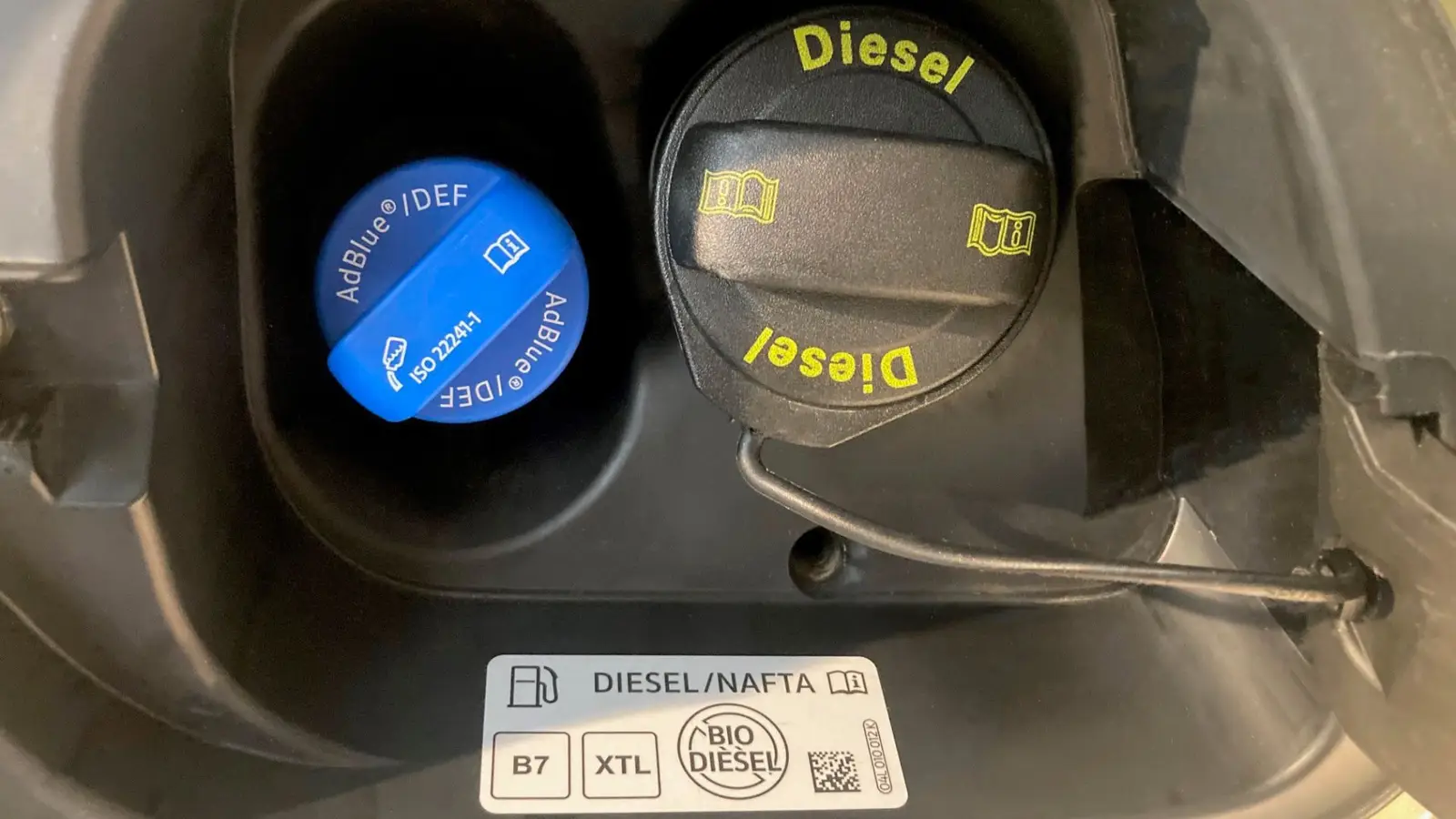What XTL on your Skoda diesel car fuel cap really means

What XTL on your Skoda diesel car fuel cap really means
If you drive a Skoda diesel vehicle and spot the abbreviation XTL on the fuel cap, you're looking at more than just a label. It's a gateway to using a next-generation synthetic diesel fuel — HVO — which Skoda began using in its Czech factories in 2024.
XTL stands for "X-to-Liquid," a term that encompasses synthetic fuels derived from various sources such as biomass, gas, or even electricity. In Skoda’s case, it means hydrotreated vegetable oil (HVO), produced from waste cooking oils and animal fats. HVO not only slashes CO₂ emissions by up to 90% across its lifecycle but is also free from sulfur and other harmful compounds typical of standard diesel.
Since April 2024, all new Skoda diesel vehicles manufactured in the Czech Republic are filled with HVO straight from the production line. The fuel is officially approved for models from the 2022 model year onward, and tests suggest that vehicles built as early as 2015 could also be compatible — provided that users consult with an authorized dealer. If your car is labeled with both B7 and XTL inside the fuel flap, it is ready for HVO.
The benefits of HVO are significant. With a high cetane number, it ensures cleaner and more efficient combustion. It can be stored in the tank for up to 10 years without degradation, making it ideal for infrequent drivers. Unlike biodiesel (FAME), which tends to degrade and may cause fuel system wear, HVO is chemically stable and engine-friendly.
The HVO fueling infrastructure is rapidly expanding. In Germany, it became available at service stations only in April 2024 following a regulatory shift. The Czech Republic now has around 20 stations offering HVO. In countries like Finland and Sweden, the fuel already represents a substantial share of diesel consumption. Digital maps and apps make it easy to locate refueling points across Europe.
Beyond personal use, Skoda has implemented HVO in its internal logistics: 14 Scania trucks operating at its Czech facilities now run on the fuel. This step signals a broader transition where synthetic diesel is no longer a theoretical alternative — it’s already fueling the future of sustainable mobility.
Mark Havelin
2025, Jun 10 15:39


